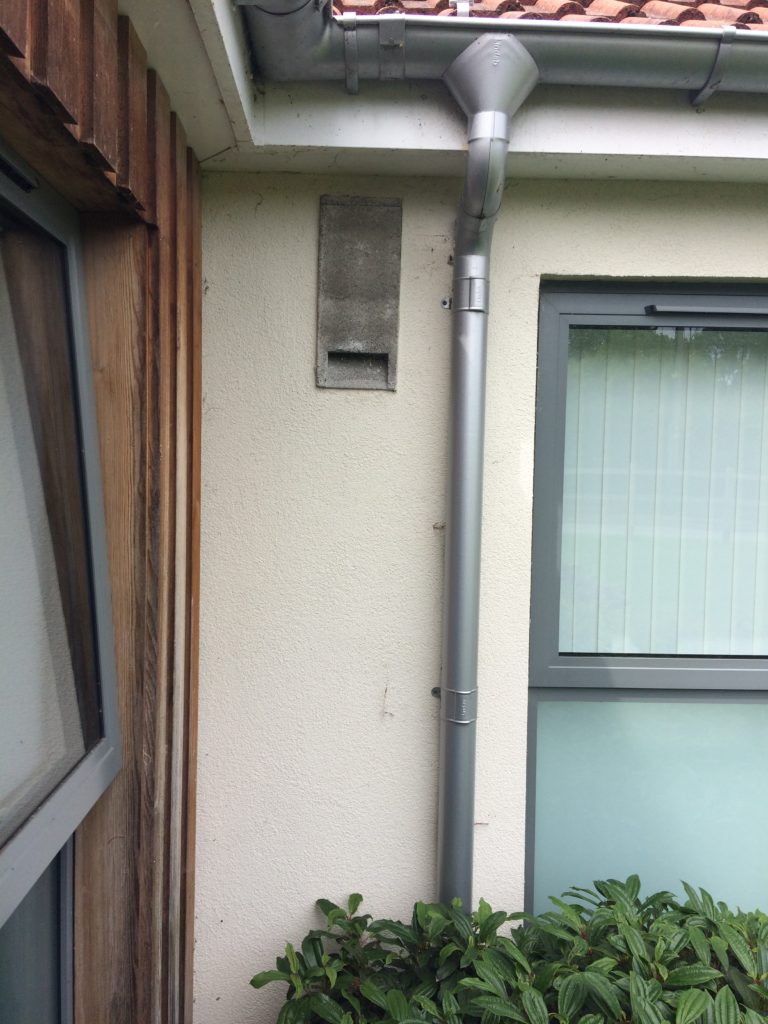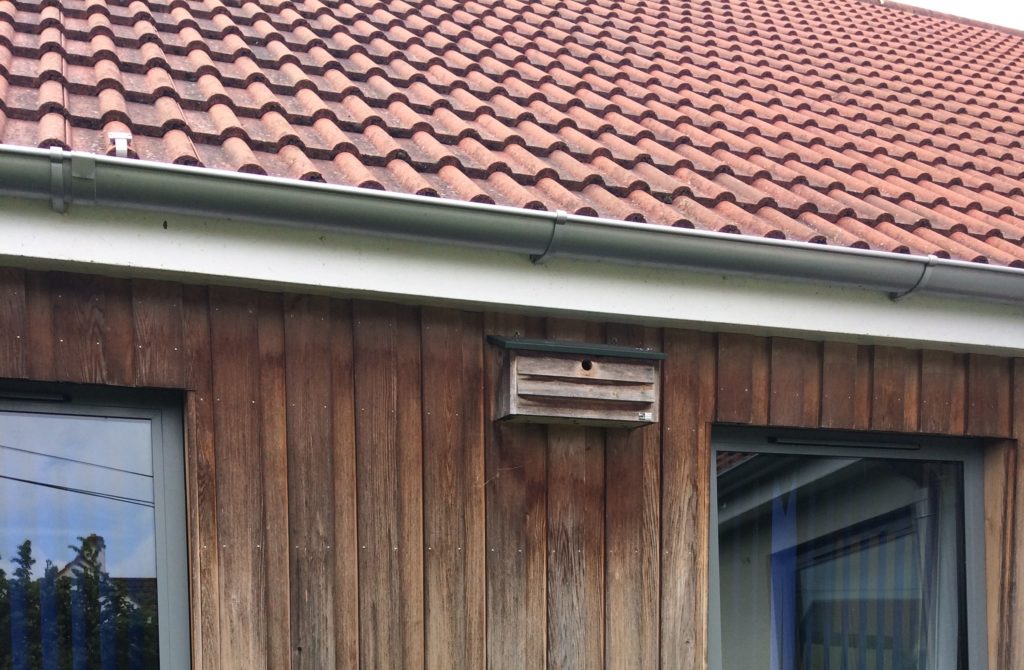Green Impact for Health – reducing Polden Medical Practice’s carbon footprint
This practice is delighted to be signed up to the Green Impact for Health Toolkit and is actively taking steps to reduce our carbon footprint. The climate emergency is also a health emergency, and health care in the UK contributes 5.4% of the UK’s carbon emissions. We need to enhance the health of our current population without compromising the health of future generations, and this means operating within the sustainable boundaries of the planet. Fortunately most of the solutions for the planet also make our health better – for example engaging in active travel and exercise in nature, avoiding smoking, reducing pollution etc all enhance our health and reduce our need for medications, with further benefits to the NHS, your health and the carbon footprint of healthcare. Take a look at the Greener Impact website to learn more about this.
How you can help
There are many ways that patients can help the Practice to maintain the environment. These could include:
Reduce your travel to the surgery
By using the Pratcie’s online consulting tools and making the most out of telephone appointments, texting photographs and receiving documents by text or email, then you can reduce the amount of unnecessary travel to the Pratice. There will always be a need for face-to-face-appointments: but if we keep these to a minimum we can all reduce our travel-carbon footprint.
Avoid medication waste
As part of the Practice’s work to reduce wasted medication we will be re-invigorating our efforts to minimise the amount of medications that are wasted by patients. The drivers behind this are:
a. The financial cost to the NHS. A report by the Department of Health estimates that unused medicines cost the NHS around £300 million every year, with an estimated £110 million worth of medicine returned to pharmacies, £90 million worth of unused prescriptions being stored in homes and £50 million worth of medicines disposed of by Care Homes.
b. Environmental cost. Pharmaceutical waste in the environment is thought to have significant implications for the structure and functioning of ecosystems. Given the ongoing rise in pharmaceutical use and misuse, it is likely that without significant intervention, this issue will be exacerbated further in the coming years. As the majority of medicines come with non-recyclable plastic packaging the damage to the environment of un-used medication is an many levels.
- When Ordering. Patients should always specify what medication they need when re-ordering and avoid stock-piling.
- Upon Collection Patients should always to check their medication when they collect it as once it is removed from the building then it cannot be re-used but will be destroyed.
- Reject unwanted medications. If a Pharmacy gives you something you have not ordered then do not accept it. Ask the surgery to remove it from your repeat precrptios list and if it happens again then do make a complaint to the Pharmacist and let the surgery know.
Recycle asthma inhalers
Both dispensaries will recycle your used asthma inhalers. The aluminium is remade into other products, such as car parts of components for air conditioning units. Using inhalers can have potential harm on the environment so please minimis their use. This website explains the environmental impact of inhalers and the options available.
Support the surgery’s and our partners’ initiatives
Simple things can help the environment and the local community. For example:
- Your old phone could help someone reduce their loneliness and isolation. By donating an unused phone to our local village agents, YOU can help reduce loneliness and isolation for people in Somerset, as well as help in their everyday lives doing online shopping. This video explains how it works.
- Your old bicycle can be donated and re-used through the Village agents’ Somerset Bike Appeal scheme.



